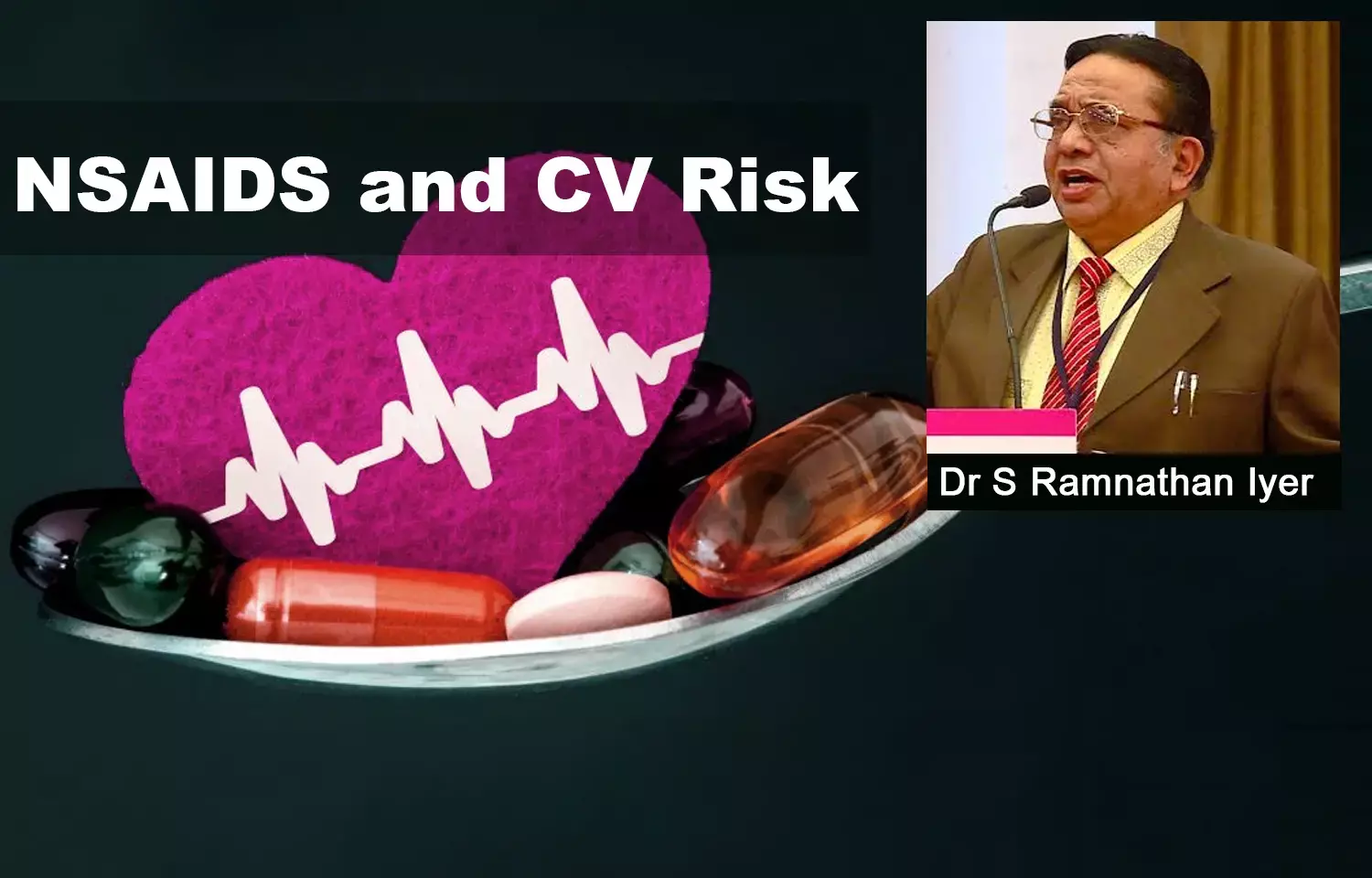- Home
- Medical news & Guidelines
- Anesthesiology
- Cardiology and CTVS
- Critical Care
- Dentistry
- Dermatology
- Diabetes and Endocrinology
- ENT
- Gastroenterology
- Medicine
- Nephrology
- Neurology
- Obstretics-Gynaecology
- Oncology
- Ophthalmology
- Orthopaedics
- Pediatrics-Neonatology
- Psychiatry
- Pulmonology
- Radiology
- Surgery
- Urology
- Laboratory Medicine
- Diet
- Nursing
- Paramedical
- Physiotherapy
- Health news
- Fact Check
- Bone Health Fact Check
- Brain Health Fact Check
- Cancer Related Fact Check
- Child Care Fact Check
- Dental and oral health fact check
- Diabetes and metabolic health fact check
- Diet and Nutrition Fact Check
- Eye and ENT Care Fact Check
- Fitness fact check
- Gut health fact check
- Heart health fact check
- Kidney health fact check
- Medical education fact check
- Men's health fact check
- Respiratory fact check
- Skin and hair care fact check
- Vaccine and Immunization fact check
- Women's health fact check
- AYUSH
- State News
- Andaman and Nicobar Islands
- Andhra Pradesh
- Arunachal Pradesh
- Assam
- Bihar
- Chandigarh
- Chattisgarh
- Dadra and Nagar Haveli
- Daman and Diu
- Delhi
- Goa
- Gujarat
- Haryana
- Himachal Pradesh
- Jammu & Kashmir
- Jharkhand
- Karnataka
- Kerala
- Ladakh
- Lakshadweep
- Madhya Pradesh
- Maharashtra
- Manipur
- Meghalaya
- Mizoram
- Nagaland
- Odisha
- Puducherry
- Punjab
- Rajasthan
- Sikkim
- Tamil Nadu
- Telangana
- Tripura
- Uttar Pradesh
- Uttrakhand
- West Bengal
- Medical Education
- Industry
Cardiovascular Risk of NSAIDS- Clinical implications

Pain is a distressing feeling and is the commonest symptom in clinical practice. It affects the quality of life. Sleep can be disturbed. The International Association of Pain defines pain as unpleasant sensory and emotional experience associated with actual or potential tissue damage. Pain can interfere with quality of life and general functioning. In elderly, musculo-skeletal pain is very common and demands pain relief with analgesics. NSAIDS are commonly prescribed. Elderly subjects usually have associated disorders like hypertension and diabetes, which are established risk factors for cardiovascular disease. Regular usage of NSAIDS can further increase this risk.
Sharma S et al (1) reported in a study that 13% of patients suffering from cardiovascular disease taking NSAID experienced either exaggeration in their symptoms or developed new cardiovascular complications over time. The cardiovascular events were myocardial infarction, severe left ventricular failure, atrial fibrillation, re-infarction development and increase of blood pressure by 5mm of Hg. Pawlosky et a(2) demonstrated that even short-term use of NSAIDs for less than 90 days could increase the risk of serious coronary conditions.
Dr.S.Ramnathan Iyer- MD (Medicine), FRCP (Glasgow),FICP,FGSI,FISDA,FISH, Consultant Physician- Sleep Medicine, Ambika Clinics- Dombivli (East), Dist. Thane and Kharghar, Navi Mumbai, Visiting Consultant-Sleep Medicine, Godrej Memorial Hospital, Vikhroli (East), Mumbai
Hina Zahid Joined Medical Dialogue in 2017 with a passion to work as a Reporter. She coordinates with various national and international journals and association and covers all the stories related to Medical guidelines, Medical Journals, rare medical surgeries as well as all the updates in the medical field. Email: editorial@medicaldialogues.in. Contact no. 011-43720751
Dr Kamal Kant Kohli-MBBS, DTCD- a chest specialist with more than 30 years of practice and a flair for writing clinical articles, Dr Kamal Kant Kohli joined Medical Dialogues as a Chief Editor of Medical News. Besides writing articles, as an editor, he proofreads and verifies all the medical content published on Medical Dialogues including those coming from journals, studies,medical conferences,guidelines etc. Email: drkohli@medicaldialogues.in. Contact no. 011-43720751


